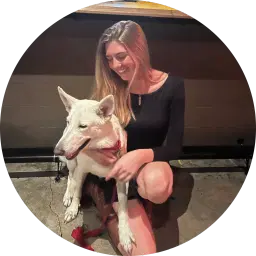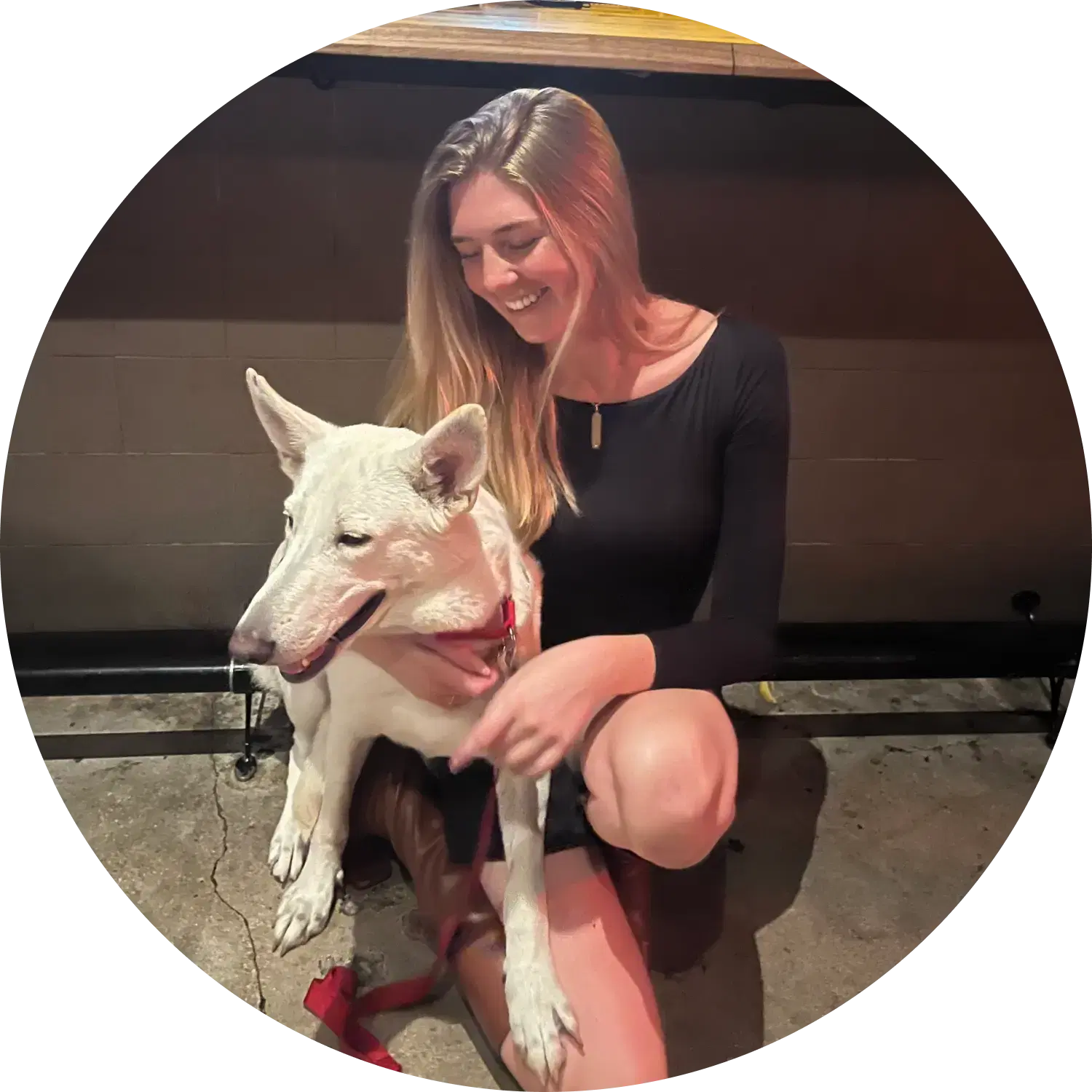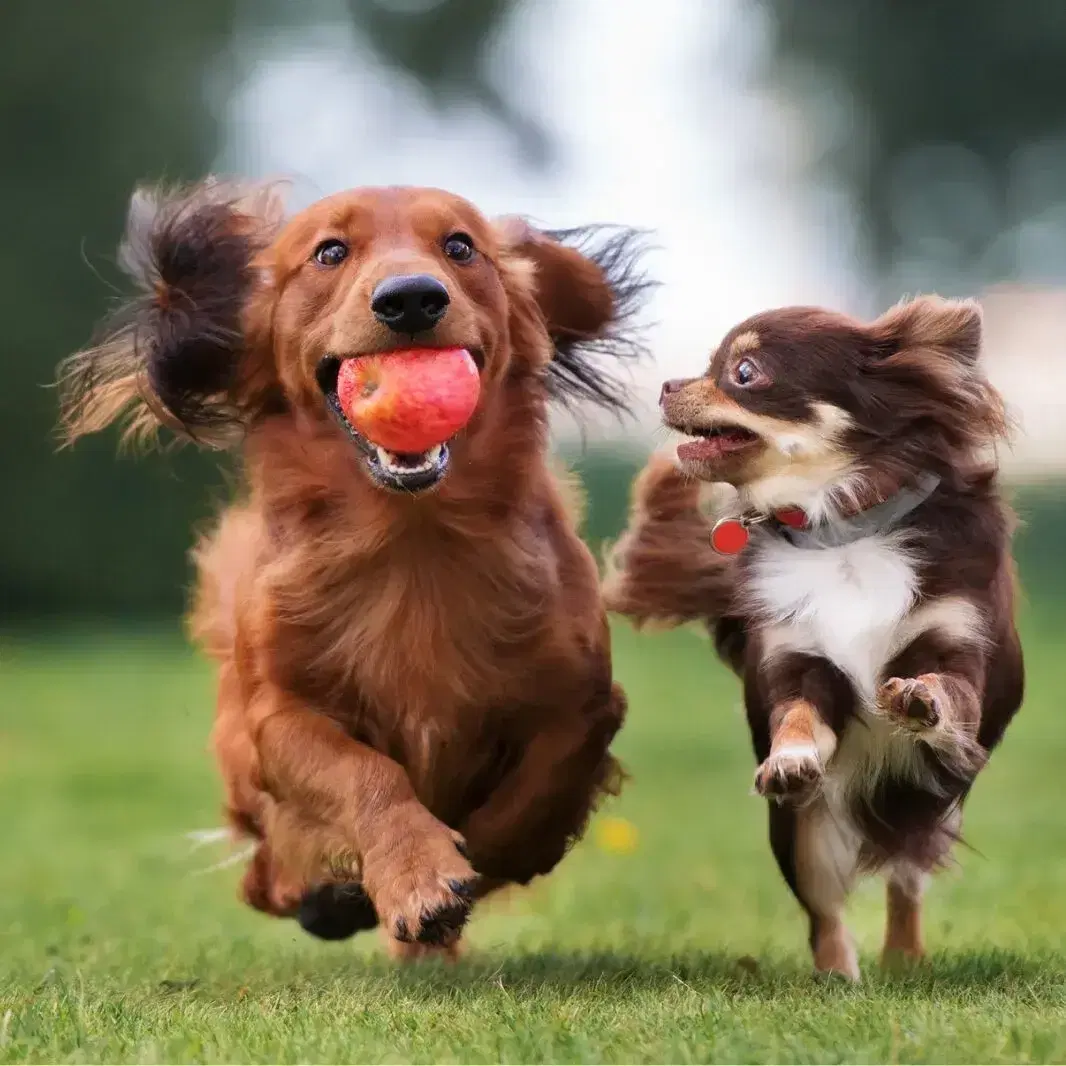Apple pie, Mac-n-cheese, fried chicken, Texas smoked brisket, hot dogs…made you drool? Well, dogs drool for the same reason most of the time; thinking of or smelling some delicious foods. They also tend to drool when they see their loved ones.
It is the build-up of saliva in the mouth that causes it. When the dog’s oral cavity cannot hold the accumulated saliva, that’s when it starts to drool. This is quite normal for them. But it could become an issue if the drooling gets excessive.
Why is my Dog Drooling more than usual?
Basically, anything that makes it difficult for dogs to swallow causes saliva buildup in the mouth and hence unusual drooling. The below conditions are some examples –
Gastrointestinal Disorders - Esophagitis, gastritis, enteritis, pancreatitis, foreign body obstruction, gastric ulceration, inflammatory bowel disease, and gastrointestinal cancers are some of the conditions that can cause drooling.
Dental Issues – Periodontal diseases like Gingivitis or Stomatitis, or other oral illnesses like Sialocole, Infection, Tumor, etc. could also be a reason for unusual drooling.
Injury – Chewing a sharp object or a foreign object, chemical burn by chewing an electrical wire or battery, etc. can cause an injury in the mouth making it painful for the dog to swallow.
Toxins – Licking or consuming a toxic plant or any food can not only cause excessive drooling but can even be life-threatening.
Anxiety – Situations like moving to a new home, separating from the owner, going to the vet, loud noises, etc. can cause anxiety in dogs which can lead to more drooling than normal.
Brain damage - damage to the nerve that connects to the salivary gland, damage to the salivary gland, or damage to the brain could also be the reason for drooling.
Why is My Dog Drooling All of a Sudden?
Your dog can start drooling suddenly because of several reasons. Heatstroke, car sickness, or any of the above-mentioned conditions can lead to excessive drooling in dogs. You must monitor for any other symptoms and contact a veterinarian, as the drooling could be a sign of an underlying medical condition that requires prompt treatment.
Why Do Boxers Drool?
Some breeds do drool more than others. Genetics and anatomy have a big impact on the amount of drooling in a dog. Breeds with loose upper lips or "flews," like Bloodhounds, Newfoundlands, Mastiffs, and Saint Bernards, tend to drool more because their lips allow saliva to escape more easily. Ones with short muzzles like Boxers get saliva accumulated in their cheeks that tend to drool when they shake their heads.
This is the same reason why Bulldogs drool as well.
What to do when dogs drool more than usual?
The first task for you should be identifying the underlying cause of excessive drooling in the dog. As mentioned above, drooling can be caused because of several conditions. And these conditions cone along with additional symptoms that can help you identify the cause.
Check for any dental problems. You may see pale or swollen gums, refusal to eat food, lethargy, etc. in case of any oral discomfort.
If the drooling is due to a temporary issue like nausea or excitement, you can provide a snack or remove the stimulus.
If your dog is trying to protect its stomach and not letting anyone touch it then it may be a sign of a gastrointestinal disease. You should consult the vet straight away in such cases.
For breeds prone to excessive drooling, keep a towel or cloth handy to wipe away the excess saliva regularly.
Which dog breeds drool more?
Loose, jowly skin, short muzzles, and wrinkled faces are the causes of excessive drooling in dogs. These are found in the following breeds –
English Bulldog
Bullmastiff
Saint Bernard
Dogue de Bordeaux
Bloodhound
Bulldog
Newfoundland
Mastiff
Great Dane
Boxer
When should I be concerned about drooling in my dog?
Drooling is quite normal for dogs and can occur mostly because of the excitement of seeing someone or something. However, excessive and persistent drooling can be problematic and may need immediate treatment. If you see the following symptoms in your dog along with drooling, you should immediately consult a vet.
Vomiting
Bleeding from the mouth
Lethargy
Refusal to eat or lack of appetite
Unusual aggression or whining
Trouble with balance
Uneven pupils
Restlessness or panting
Pawing at the mouth
And if there are no other symptoms present, the drooling would most probably be because of some delicious-smelling food or the excitement of you coming home from a long day at work. So go ahead and hug your four-legged buddy and spend some quality time.
Do dogs drool when it is hot?
Heat can cause a dog’s tongue to get out and swell. Because of this, the surface area of the tongue increases allowing heat to escape into the surrounding air. Drool also escapes along with it. So, yes, dogs do drool when it is hot.
How to treat excessive drooling in dogs?
The treatment for excessive drooling in dogs would depend on the underlying condition causing it. It can include –
Dental treatment
Medication (antibiotics and/or anti-inflammatory)
Surgery (in case of trauma, tumors, or congenital defects)
Radiation or chemotherapy (again in case of tumors)
Medicated mouthwash

The resident animal enthusiast at Spot. I have a lifetime of pet parent experience. If it has fur, feathers, or scales, I’ve probably shared my home with it. I aim to be a reliable source, blending experience with a dedication to the well-being of pets.












